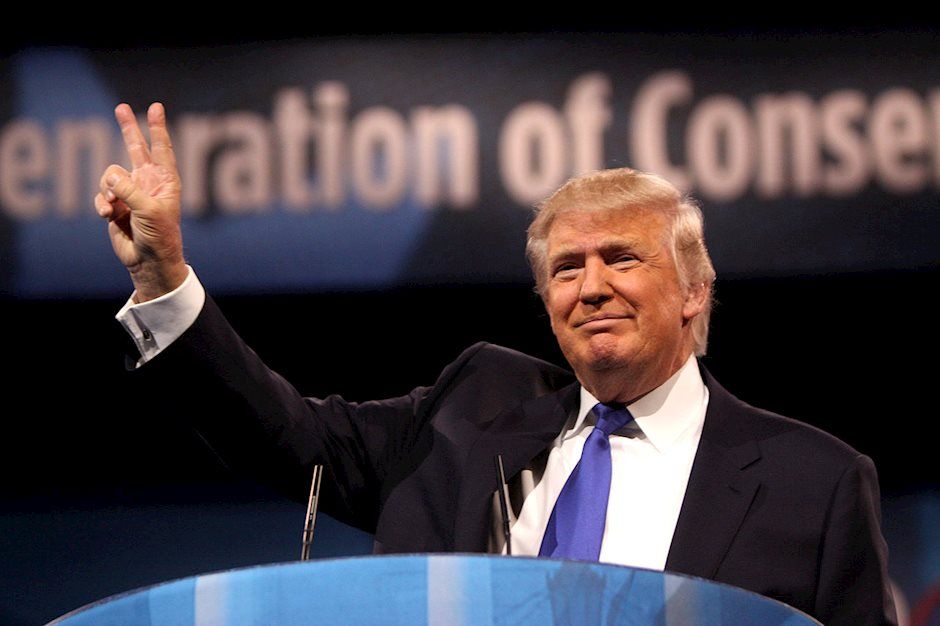WTO Reforms

The predecessor of the World Trade Organization was the GATT, which did not really stand for the General Agreement to Talk and Talk, even though the negotiating rounds would last years. Facing rising trade tensions and a US that continues to threaten to withdraw, and in the meantime is preventing new appellate judges to be appointed, talks will be held next week leading to trade ministers meeting in late October.
We have argued that there were large forces at work changing the international political economy that was becoming more important before the 2016 US election. Trump gives voice, even if extreme, to these challenges. We suggested, for example, that Trump was the first post-Cold War president in the sense that he rejects ideological conflict and focuses (nearly exclusively) on economic competition and rivalry.
Many people talked about the need for a new Bretton Woods agreement for years. The Bretton Woods agreement was made possible by the US being the dominant country. The designed rules that would benefit it and the asymmetry of power prevented the emergence of a viable alternative. Trump has aggressively projected US economic might and has ruffled many feathers, to say the least. Many had called for a reinvigoration of US leadership but are chaffing under Trump's version. There are joint and distributional gains from trade, and Trump is insisting that the US accrues of the distributional gains.
The WTO needs to be reformed and modernized. This is widely acknowledged. Trump does point out some of the short-comings, but his obstructionist tactics and unilateralist thrust, with threats to withdraw breeds mistrust and apprehension. A draft by Canada ("Strengthening and Modernizing the WTO") will serve as the basis for the discussions over the next several weeks. Apparently, Canada's draft focuses on three areas: improving the efficiency and effectiveness of its ability to monitor trade practices, protect and strengthen the conflict resolution mechanism (which is also one of the reportedly unresolved issues in the NAFTA negotiations), and developing a roadmap for a substantive modernization of the rules of engagement.
The last point is a stretch. In this way, it is like Brexit and the US healthcare debate. The status quo may not have strong support, but there is little agreement on the alternative. Numerous issues that need to be addressed, including digital trade, domestic regulation, subsidies, and investment, but there does not seem to be a consensus on how to proceed.
The first point, improving the monitoring function, is not particularly controversial. The second point is what may be the most important. The conflict resolution mechanism is critical. Without it, enforcement ceases. If the US tactics do not change, the WTO will be paralyzed in a year as there will not be three panelists who are needed for decisions. However, this is a way for the US to exert maximum pressure in the WTO without withdrawing, and it may not change its tactics easily or quickly unless concessions are made.
Author

Marc Chandler
Marc to Market
Experience Marc Chandler's first job out of school was with a newswire and he covered currency futures and Eurodollar and Tbill futures.

















